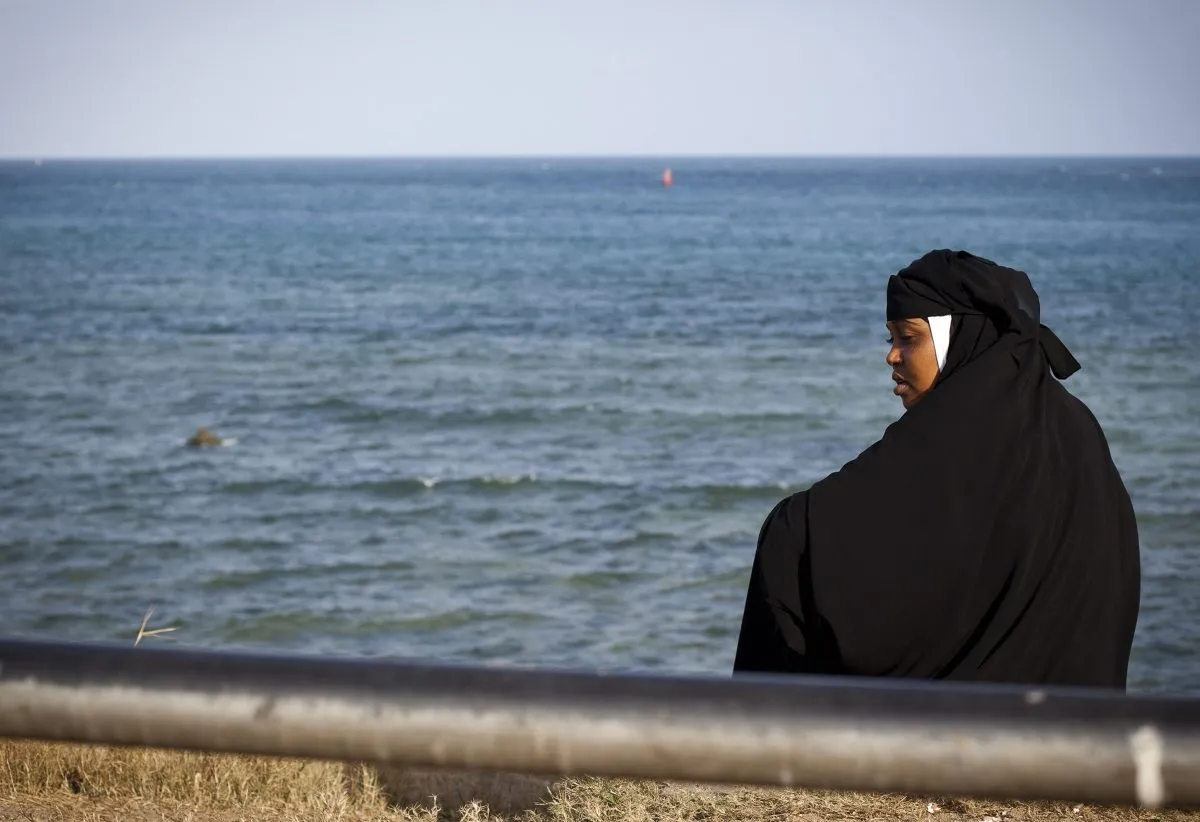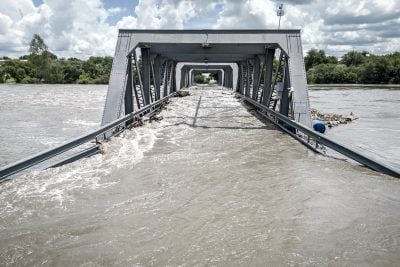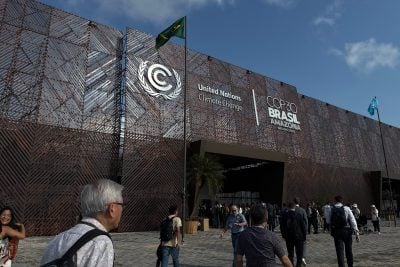Kenya is on track to start construction on its first nuclear power plant by 2027, with electricity generation to begin by 2034, officials from the Nuclear Power and Energy Agency (NuPEA) said at a parliamentary hearing last week.
NuPEA’s director of strategy and planning, Winnie Ndubai, told the Senate Energy Committee that the search for a suitable site had been narrowed to two coastal locations, while progress was continuing on building a nuclear regulatory framework.
Currently, only one nuclear power station – the Koeberg plant near Cape Town in South Africa – is in operation on the whole African continent. Another is being built by Russian company Rosatom in Egypt, with the first of four reactors set to come online in 2026.
The Kenyan government believes that nuclear power is essential to meet its long-term energy needs. The Ministry of Energy estimates that power demand will rise by 20 times by 2050 amid rapid industrial development.
While Kenya has been laying the groundwork for nuclear energy for several years, the realism of the timeline for construction is questionable, given that detailed plans have not been completed nor a contractor for the project selected.
And the country’s nuclear ambitions remain controversial. In a statement following NuPEA’s latest update, environmental campaign group Greenpeace warned that the plans risked damaging the coastal environment and pointed to a lack of policies for managing nuclear waste.v
“Kenya should fully invest in renewables like wind and solar, putting every resource toward these rather than outdated energy sources,” said Amos Wemanya, Greenpeace Africa’s responsive campaigns lead. “The government must marshal resources to build resilience for front-line communities, using decentralised energy systems.”
COP29 sees countries join nuclear pledge
Kenya’s move comes amid growing interest in nuclear power across the continent. At COP29 in Azerbaijan, both Kenya and Nigeria joined the “Declaration to Triple Nuclear Energy”, a pledge to increase global capacity threefold by 2050. Ghana and Morocco were among the countries to sign the declaration when it was launched last year.
Meanwhile, the Ugandan government is aiming to build an 8,400 MW nuclear power station in the eastern Buyende District. It said earlier this week that it would need to resettle several thousand people from villages around the planned site. The Ugandan government is also among several in Africa pursuing nuclear cooperation agreements with Russia, while South Korean firms are also keen to build on the continent.
Yet the path to generating nuclear power is far from easy. Recent nuclear projects around the world have been beset by lengthy delays and massive cost overruns. Although nuclear power can provide a stable supply of baseload energy, the huge construction bill will make projects difficult to finance for African governments.
An additional challenge in many countries is that large-scale nuclear reactors are typically designed to provide at least 1 GW of power. This is more than can be absorbed by the electricity grid network in most African countries: Uganda’s current installed capacity, for example, is just over 2 GW. While there is much excitement around “small modular reactors”, which should offer more flexibility in providing smaller amounts of power, this technology is yet to be fully commercialised.
Want to continue reading? Subscribe today.
You've read all your free articles for this month! Subscribe now to enjoy full access to our content.
Digital Monthly
£8.00 / month
Receive full unlimited access to our articles, opinions, podcasts and more.
Digital Yearly
£70.00 / year
Our best value offer - save £26 and gain access to all of our digital content for an entire year!

 Sign in with Google
Sign in with Google 



